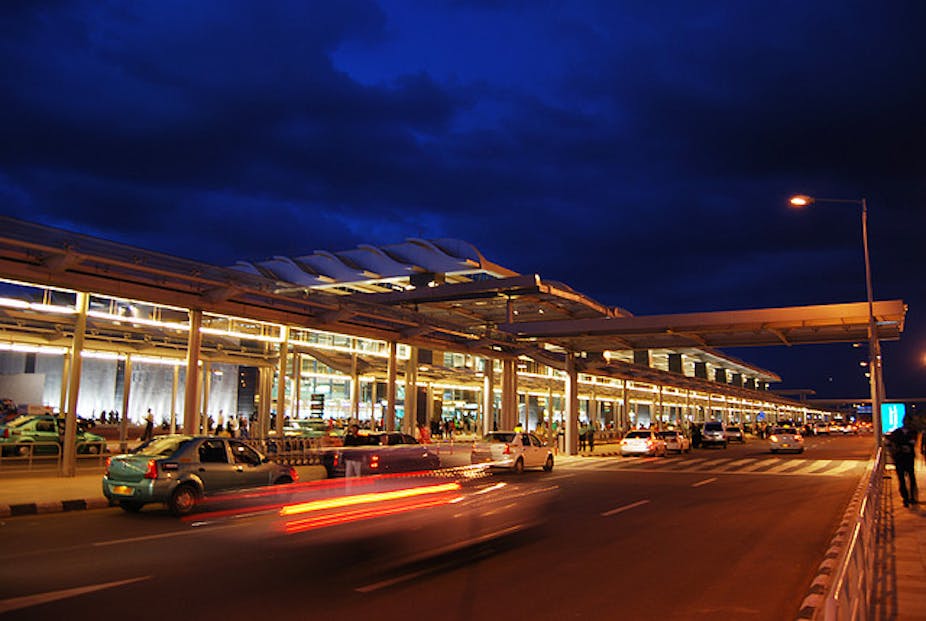Industry engagement with researchers can bring mutual benefits to industry, further research, and to society when benefits flow to consumers, communities and the environment.
Public trust in the integrity and independence of research is at the very apex of the reputations of universities and accredited research institutes. But with the active encouragement of industry engagement and partnerships it can be a fragile commodity.
Research journals and institutional research governance bodies rightly require declarations about all competing interests that might be perceived as relevant to the research in question.
A large and growing body of scholarship across a diverse range of research areas in health and medicine has consistently shown that those who pay research pipers can often influence their tunes. Industry sponsored researchers tend to publish research findings that are more musical to the ears of their sponsors than those without industry support examining the same research questions.
Tied and unrestricted research grants, institutional support, honoraria payments and gifts are obvious examples of fully declarable relevant interests. But some forms of travel support present intriguing and under-discussed conundrums for researchers.
Travel and accommodation support can easily be used as ways of duchessing researchers. While no money might be paid directly to researchers, first and business class travel, spousal travel support, extended stays before or after a conference, lavish hospitality and the ability to use conference travel to springboard into international holidays are all commonly perceived by researchers as definite perks.
But many conferences I’ve attended are a pale ghost of such scenarios. The joys of pre-dawn airport runs and late night returns from interstate meetings, interminable hours in airport transit lounges, oxymoronic airline “food”, and the forgettable interiors of yet another anodyne conference hotel room are not remotely enjoyable. The idea that such travails might ingratiate the sponsors to researchers is highly improbable.
Some might argue that opportunities to visit exotic locations like the Caribbean, Barcelona or Istanbul present obvious rewards that might disincline researchers from polluting the nests of their corporate benefactors by emphasising unwelcome research conclusions.
But could the same be said for the beguiling promises of Scunthorpe, Lodz or Baltimore? And what about speaking at an industry conference in your own city, where the booty extends to cab and lunch vouchers and yet another disposable conference satchel?
Perhaps competing interest scales linked to destination desirability indexes might be a sensible way to guide researchers about whether a trip to New York might be seen as declarable but not a nightmare couple of snowbound days in Tashkent.
In recent years I’ve been asked several times to speak to conferences about my work on psychogenic aspects of claims made about wind farms harming health. Several of these were interstate, others overseas (New Zealand, United Kingdom, Canada, Germany) and two were in Sydney. None offered any speaker payment but each would pay my travel expenses and accommodation at the meetings. Each of the conferences were supported by the renewable energy industry and delegates’ registration fees.
I fiercely value my independence in this issue and so have never sought or accepted funding from wind industry companies to support my research. But I accepted the invitations to the Sydney events, one in Melbourne and one in Hamilton New Zealand.
If a conference – and especially those run by for-profit conference companies or industry bodies – wants me to speak and I have no designated travel support of my own to get there, I am unwilling to effectively make a donation to the conference and personally pay my own travel and accommodation to help them out.
But by accepting travel support, I now have a mark of Cain on my record that will always allow anti-wind farm groups to claim with wringing wet portent: “He is supported by the wind industry.” The reality of such trivial support has nothing to do with any personal gain and could never be meaningfully construed as a competing interest.
When industries invite researchers to their conferences to learn more about their research, the expenses involved in the researchers getting to such conferences should not inhibit their attendance. Equally, by attending at the organisers’ expense, researchers should not have to wear knowing insinuations that they are somehow conflicted.
There are plainly radically different potential perceptions of competing interests in a lavishly supported and catered international trip when compared with having your parking or taxis paid to present at a meeting in your own city. But strictly speaking, both are “travel paid by the entity”.
So, is it time to do away with the tick-box approach to declaring competing interests and financial support? And if so, how do you strike the balance between fairness and transparency?
Editor’s note: please ensure your comments are courteous and on-topic.

